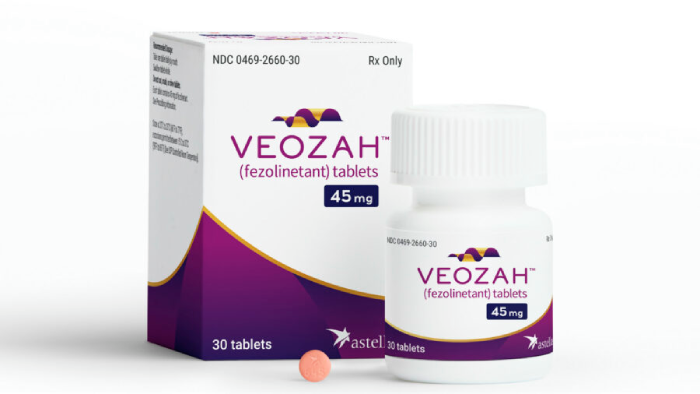Frozen Chicken Nuggets Under Public Health Alert Due to Bone Contamination
The U.S. Department of Agriculture’s Food Safety and Inspection Service (FSIS) has issued a public health alert regarding a frozen, fully cooked chicken nugget product sold by Wegmans Food Markets. The concern stems from potential contamination with bone fragments.
Product Details and Identification
The affected product is sold in 46-ounce packages under the label “Wegmans Family Pack Fully Cooked Breaded Chicken Breast with Rib Meat.” Consumers can identify the product by locating the best-if-used-by date of August 26, 2025, found on the back of the package. Additionally, the USDA inspection seal contains the code “P-33944.”
This batch of chicken nuggets was manufactured on August 26, 2024, and has been distributed to multiple Wegmans locations across Delaware, Maryland, Massachusetts, New Jersey, New York, North Carolina, Pennsylvania, Virginia, and Washington, D.C.
FSIS Advisory and Consumer Warning
FSIS initiated the public health alert after Wegmans reported receiving multiple consumer complaints about the presence of bone fragments in the product. While no injuries have been confirmed as a result of consumption, FSIS urges consumers to exercise caution.
Since the product is no longer available for purchase, FSIS has not requested a formal recall. However, the agency warns that some consumers may still have the product in their freezers. Those in possession of the affected chicken nuggets are advised to discard them or return them to the store where they were purchased.
Commentary by SuppBase Columnist Alice Winters

Wegmans’ frozen chicken nugget contamination issue underscores a recurring challenge in mass food production—foreign object contamination. While the presence of bone fragments in poultry products is not uncommon, it raises concerns about quality control measures in place during processing.
Ingredient and Quality Control Analysis
Wegmans, known for its premium private-label offerings, typically markets its products as high-quality alternatives to national brands. However, contamination issues like this highlight potential lapses in oversight. Fully cooked and breaded chicken products undergo multiple processing stages, including deboning, grinding, and forming. The presence of bone fragments suggests a breakdown in mechanical separation or human inspection protocols.
Despite FSIS not mandating a recall, the fact that multiple consumers reported finding bone fragments means that the issue was significant enough to prompt an alert. This raises questions about supplier accountability and whether similar lapses exist in other frozen poultry products under the Wegmans brand.
Consumer Safety and Market Implications
From a consumer trust standpoint, any safety concern tied to a widely distributed product can negatively impact brand perception. Wegmans has built a strong reputation for offering quality, store-brand products at competitive prices. However, repeated quality control failures could drive consumers toward competitors, particularly those emphasizing rigorous safety standards.
Additionally, while there have been no confirmed injuries, the risk of choking or dental damage from bone fragments is a legitimate concern. Transparency in addressing the issue—such as clarifying how the contamination occurred and what corrective actions are being implemented—will be crucial for mitigating reputational damage.
Final Thoughts
Food safety issues like this should not be taken lightly, even if no recall is issued. Consumers who prioritize quality and safety in their food choices should remain vigilant about manufacturer alerts and opt for brands with strong quality control track records. For Wegmans, preventing future contamination incidents will require more stringent supplier oversight, improved detection technologies, and proactive consumer communication to maintain its standing in the market.



